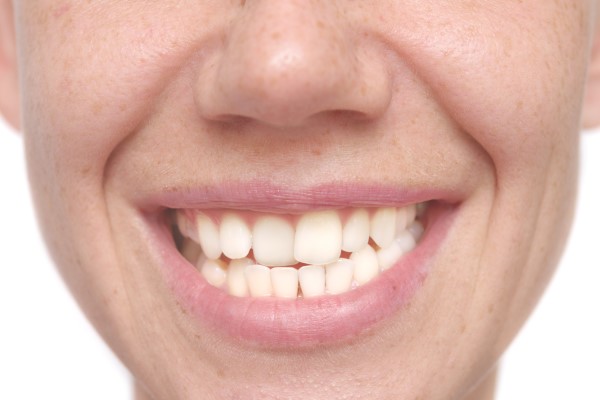Orthodontic Treatment FAQs

Braces, extractions and aligners may all be part of orthodontic treatment. These procedures can correct numerous dental issues regarding the alignment of the teeth and jaws.
What are some common questions about orthodontic treatment?
Many patients who need to see an orthodontist have questions regarding treatments. These are a few of the most frequently asked questions patients have about orthodontics.
What is an orthodontist?
Orthodontists are dental specialists who are specially trained in preventing, diagnosing and treating dental irregularities. The professionals require more extensive schooling than a typical dentist; after graduating from dental school they must complete a two- to three-year residency program in orthodontics.
What are malocclusions and what causes them?
Malocclusion, the Latin term for a bad bite, is used to describe misaligned teeth. Malocclusions are frequently inherited and can lead to conditions of extra teeth, crowding of the teeth and gaps between teeth. There are also numerous alignment issues with the face and jaw that may cause issues. Malocclusions can also happen due to accidents, pacifier or thumb sucking, and dental diseases.
What age does a patient need to be to receive treatment?
The American Association of Orthodontists recommends that children be seen by an orthodontist by the age of seven. It is important for children to have an appointment sooner rather than later because waiting until facial growth is complete and permanent teeth have come in can make correcting some problems much more difficult.
What conditions do orthodontists usually treat?
Some of the most common orthodontic conditions that are treated are overbites and underbites, crowding of the teeth and spacing issues.
How long does treatment take?
The time of treatment depends on what correction is needed and how severe the problem is. Some conditions can be treated in a few months, while others can take years. Braces may take anywhere from one to four years to correct misaligned teeth.
How often do patients need to be seen during treatments?
How often patients need to be seen depends on which treatment they are receiving. Most patients will usually be seen less frequently during early stages of treatment and may go two to three months between treatments. Later on in the course of treatment, patients normally have appointments every six to eight weeks but may have them every two to four weeks as the treatment is close to completion.
What problems can arise without orthodontic treatment?
Misalignment and crowding of the teeth can result in a higher risk of tooth decay due to cleaning difficulties. A higher chance of decay can in turn lead to periodontal diseases that can adversely affect a patient’s overall health. Overbites and underbites may result in wearing down of the teeth.
Conclusion
Orthodontic treatment is a crucial part of dentistry. It is important that children and adults make appointments with an orthodontist to check for any problems. Patients can get treatment to improve their oral health and feel confident in their beautiful smiles again.
Request an appointment here: https://www.dentistryforwoodstock.com or call Dentistry for Woodstock at (770) 238-1437 for an appointment in our Woodstock office.
Check out what others are saying about our dental services on Yelp: Orthodontics in Woodstock, GA.
Recent Posts
Getting a dental bridge for many missing teeth can renew your dental functions and oral health. It can even give you better self-esteem, knowing that your smile is complete. Your dentist will make sure that your restoration will feel and look natural. Here are the details when it comes to considering a dental bridge for…
Endodontics focuses on diagnosing and treating problems within the tooth's pulp and surrounding tissues. Endodontics can preserve its function and prevent further complications if a tooth is severely damaged or infected. Recognizing the signs that indicate the need for endodontic treatment allows patients to seek timely care and maintain their oral health.Persistent tooth pain is…
Losing a tooth can affect your appearance and oral health, causing misalignment, bone loss, and changes to your facial structure. Dental bridges are a popular tooth replacement option for people with one or more missing teeth. They offer a way to restore your smile and oral function.A dental bridge is a fixed prosthetic device that…
Dental bridges and dental crowns are wonderful, durable options to restore a smile. However, they are both employed for different reasons. By understanding the specifics of both, patients can learn which option is best for their needs when consulting with a dentist.Dental bridges are recommended after a tooth extraction, whether by trauma or professional intervention.…


